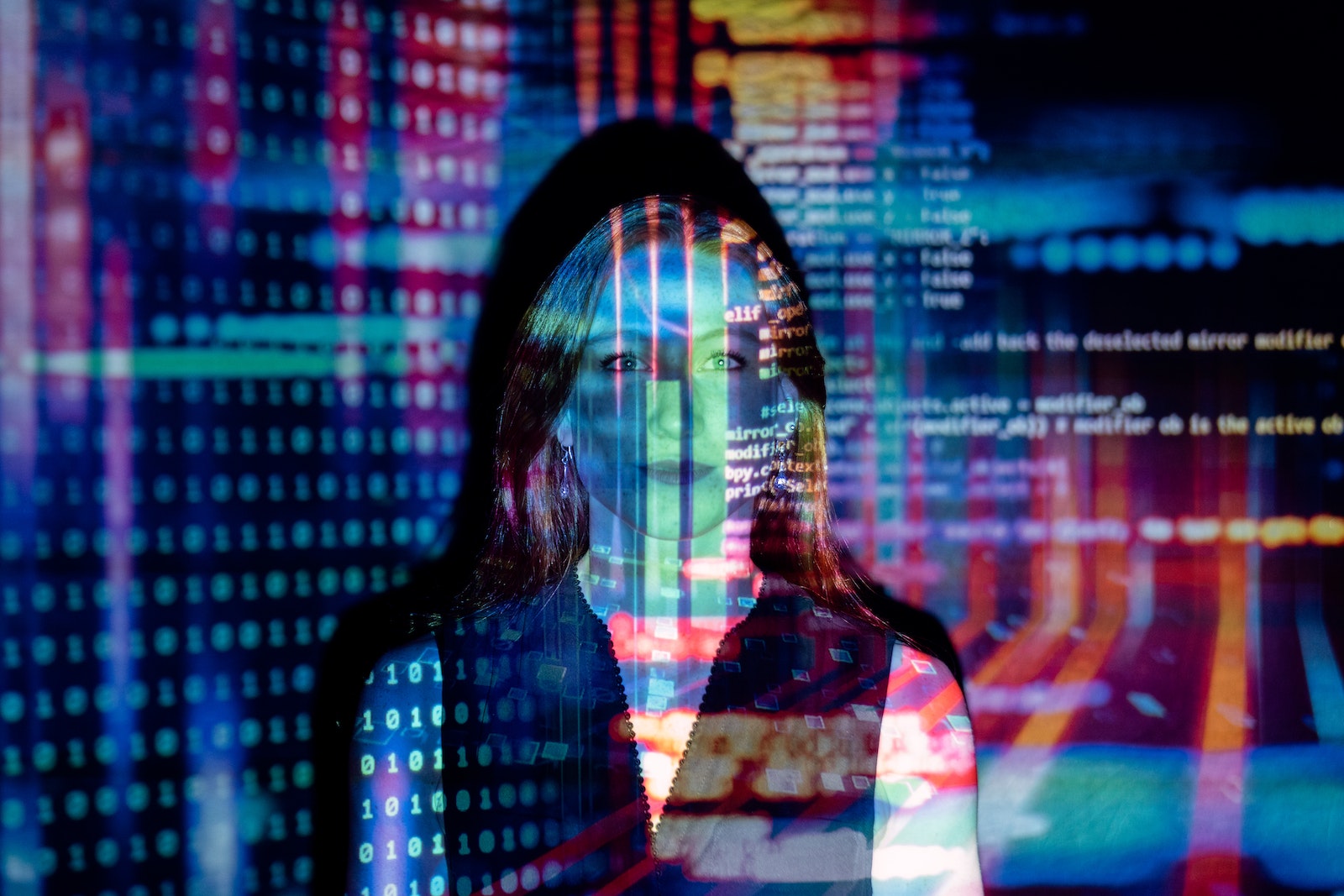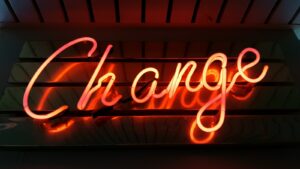In the age of digitization, the democratization of information has emerged as a critical aspect of modern societies. With the internet becoming the primary information source for many people worldwide, ensuring an inclusive information ecosystem has become an urgent priority. The policy brief “Towards a Code of Conduct to Ensure Inclusive Information Ecosystem” offers significant insights on this topic. Let’s take a deep dive into its implications and insights.
The Role of Inclusive Information Ecosystems in Sustainable Development
Inclusive information ecosystems play a pivotal role in sustainable development. They foster participation, inclusivity, transparency, and accountability – all crucial for achieving the UN’s Sustainable Development Goals (SDGs). However, the potential of information ecosystems is undermined by a plethora of challenges, from disinformation and digital illiteracy to technological divides and surveillance concerns. Thus, a code of conduct emerges as an effective mechanism to regulate and enhance these ecosystems.
Unpacking the Code of Conduct for Information Ecosystems
The code of conduct proposed in the policy brief aims to govern the use of information and communication technologies (ICTs) responsibly. It has been designed to align with the principles of the UN’s 2030 Agenda for Sustainable Development. The primary goals of the code of conduct include:
Prioritizing Access and Digital Inclusion
The policy brief emphasizes the importance of internet access as a facilitator of economic, social, and cultural rights. Therefore, the code of conduct seeks to ensure universal access to ICTs, bridging the digital divide across geographical, economic, and social spectra.
Enhancing Media and Information Literacy
The code also emphasizes the need for media and information literacy. It calls for comprehensive education strategies to enhance users’ understanding of the digital world. This literacy equips individuals with the tools to understand, engage with, and navigate the information landscape, fostering a more inclusive information ecosystem.
Countering Disinformation
The proposed code of conduct acknowledges the destructive impact of disinformation on societies and individuals. It thus calls for comprehensive measures to counter disinformation while preserving freedom of speech.
The Impact on Individuals and Societies
The proposed code of conduct carries significant implications for both individuals and societies. It aims to foster more informed, inclusive societies where all individuals can participate in and contribute to sustainable development. The ripple effect of this would be felt in various spheres, from the economic to the social and political.
Moving Forward: The Role of Stakeholders
Implementing the code of conduct requires concerted efforts from multiple stakeholders. Governments must assume the responsibility of enforcing the code, while ICT companies must align their practices with the principles outlined in the code. Civil society and media organizations also play a crucial role in advocating for the code and ensuring its compliance.
Conclusion
The policy brief “Towards a Code of Conduct to Ensure Inclusive Information Ecosystem” offers a comprehensive roadmap for creating inclusive information ecosystems. The proposed code of conduct is an instrumental tool that, when implemented effectively, has the potential to democratize information, empower individuals, and accelerate progress towards sustainable development.
SDCourses provides a wide range of courses for professionals aiming to deepen their understanding of sustainable development and its various facets. Explore our offerings to find the course that best suits your learning goals.
References
- “Towards a Code of Conduct to Ensure Inclusive Information Ecosystem.” Sustainable Development Policy & Practice. https://sdg.iisd.org/commentary/policy-briefs/towards-a-code-of-conduct-to-ensure-inclusive-information-ecosystem/
- “The 2030 Agenda for Sustainable Development.” United Nations. https://sdgs.un.org/2030agenda













